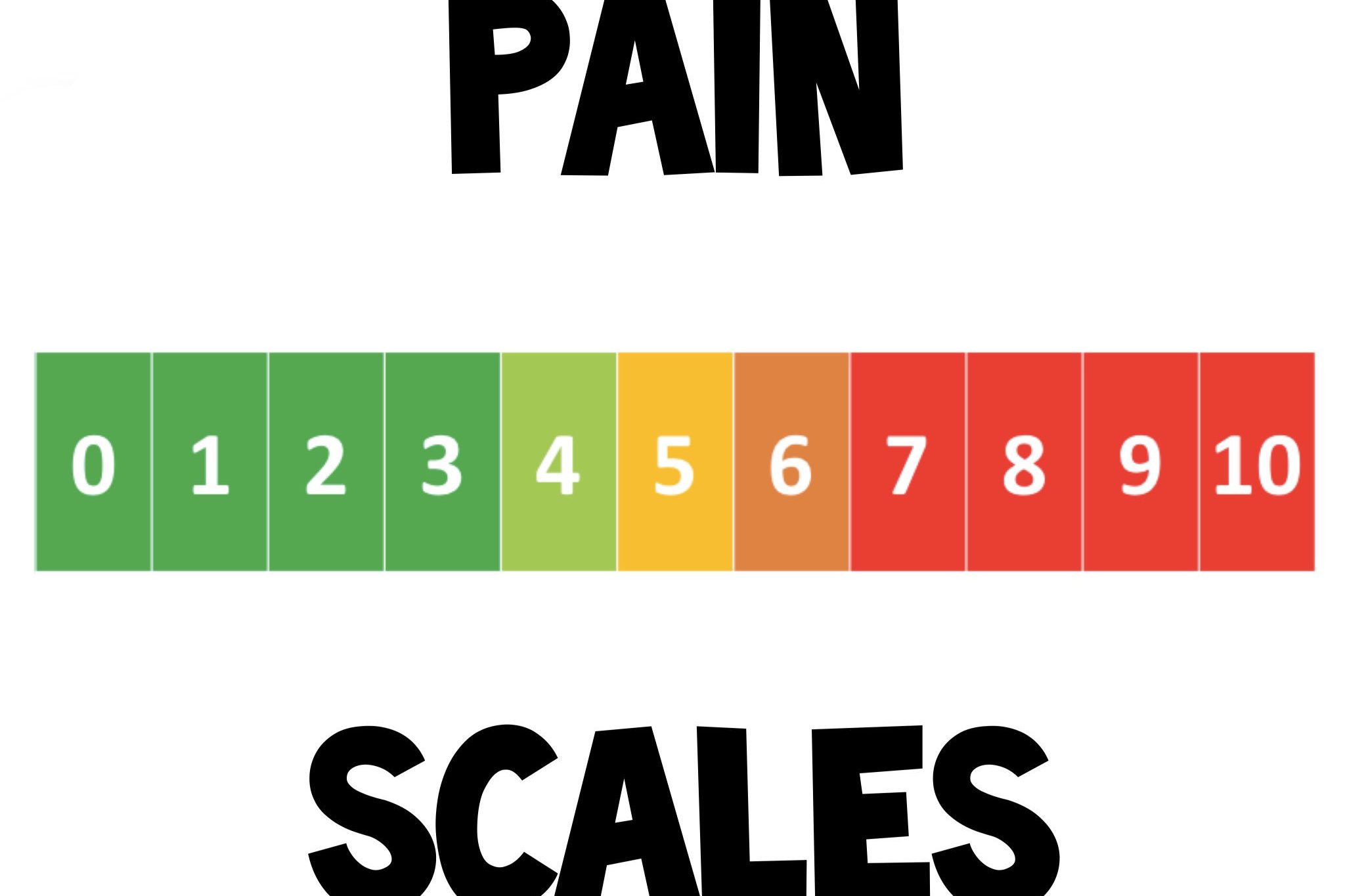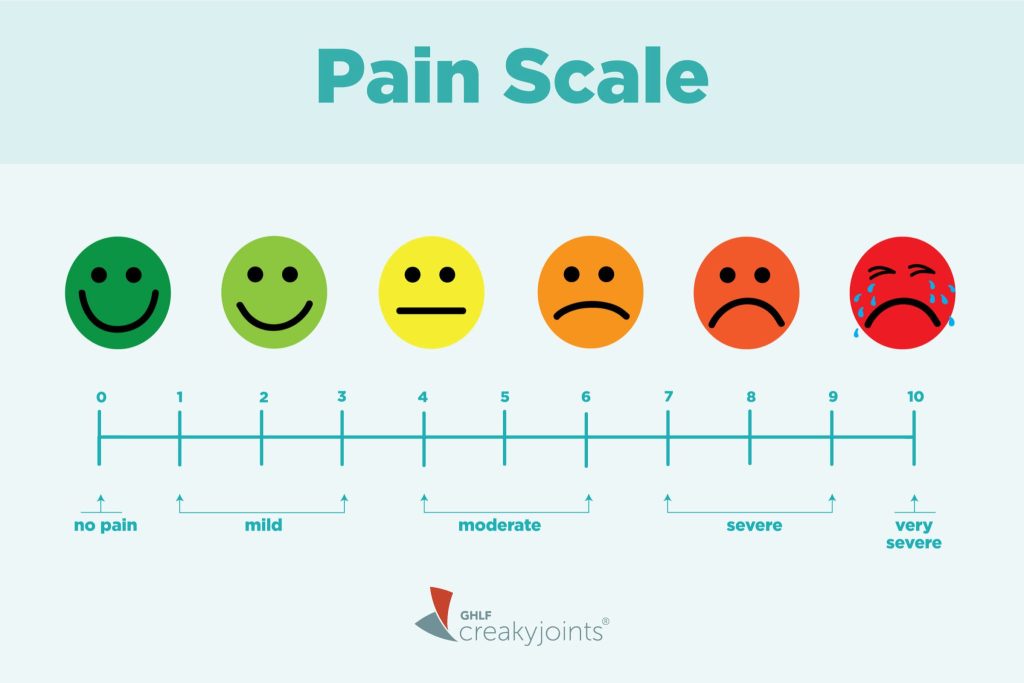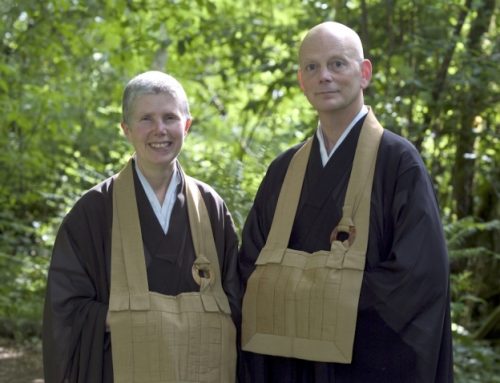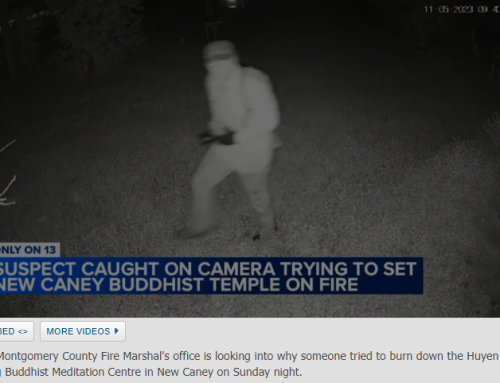On one hand we learn to not make distinctions. For example:
FAITH IN MIND ⊕
The Great Way is not difficult for those who have no preferences.
When love and hate are both absent everything becomes clear and
undisguised.
Make the smallest distinction, however, and heaven and earth are set
infinitely apart.
If you wish to see the truth, then hold no opinions for or against anything.
To set up what you like against what you dislike is the disease of the mind.
When the deep meaning of things is not understood,
the mind’s essential peace is disturbed to no avail.
Shariputra, all dharmas are marked by emptiness,
they neither arise nor cease,
are neither defiled nor pure,
On the other hand, in the Dhammapada (VI The Wise, 78), we find the following:
Don’t associate with bad friends.
Don’t associate with the low.
Associate with admirable friends.
Associate with the best.
(Translation by Thanissaro Bhikkhu)
Do not associate with evil companions; do not seek the fellowship of the vile. Associate with the good friends; seek the fellowship of noble men.
(Translation by Acharya Buddharakkhita)
Here, in the Dhammapada¹, it seems we are advised to go ahead and make distinctions. But isn’t that judgmental? Aren’t we setting heaven and earth far apart? Are we not straying from the truth? Isn’t that a disease of the mind?
Are these contradictions in the Buddha’s teachings; are they paradoxes? To that I say, “Yes and No!” And here’s where words are a vexing lot. In regards to the qualities of being a bad friend, low, evil, or vile, if these qualities are taken to be the essential nature of another person; if one were to label another person with these qualities; if one were to think of a person with these qualities as being a bad person or somehow any less worthy of love or somehow possessing any less Buddha nature, then one would be afflicted with a disease of the mind. On the other hand, in regards to the qualities of being a bad friend, low, evil, or vile, if these qualities are taken to be the unfortunate result of sad causes and conditions another person has suffered by, if one were to dispassionately acknowledge that another person may display these qualities without being labeled by these qualities; if one were to realize that a person can have these qualities and still be worthy of love and have Buddha nature, then one would be free from any disease of the mind.
So, the first question is, can one dispassionately think another to be, “a bad friend, low, evil or vile” and yet be a child of God, worthy of love, and fully imbued with Buddha nature? Maybe there is no contradiction there. Each and every one of us falls short from time to time. Each and every one of us hurts another from time to time. We are all imperfect. And through causes and conditions, largely beyond our control, we can only play the cards that are dealt to us. We do the best we can with the tools we have. We are not all “in the same boat,” but rather we are all in the same storm, and some of us have lifeboats, some of us have lifejackets, and some of us are drowning. And with this realization, we can evaluate without judgment.
The idea of the relative truth and the ultimate truth comes into play here. In the realm of the ultimate truth, all dharmas (all things under the sun) have the same essential nature–no essential nature. In the realm of the relative truth, one person may love green bell peppers, and another may dislike them. One person may love skydiving, and another be terrified of it. We all have our preferences. And as long as we keep in mind, that green bell peppers and skydiving have no inherent goodness or badness, then we don’t separate heaven and earth. Personally, I think that Vegemite is quite disgusting, but as I say that, I laugh, because Vegemite has no inherent disgusting quality. Those crazy* Australians love the stuff. (*Ironic judgement intended.) My opinions about Vegemite are only that, my opinions, which I dump on top of things. My opinions with which I smear my glasses to obscure my seeing things as they are. My opinions put me miles away from seeing things as they really are. And yet, Vegemite makes me cringe, and I would be lying to myself if I didn’t accept that too. And so, we can accept the relative truth and the ultimate truth simultaneously. This is sometimes referred to as the third truth. This is sometimes referred to as the middle path. And abiding in this middle path, we can evaluate without judgment.
Now, the next question is, how do we put this into practice on a daily basis? Take someone or something about which you have strong negative or positive feelings. Think of this person or thing and notice the energy level you are feeling. Perhaps use the 0-10 pain scale where zero means you feel no emotion behind your negative or positive feeling and 10 means your feelings about this person or thing are exploding with energy in your head. If you have strong feelings about something, you may have a physical reaction, you may feel your blood boiling, your pulse quicken, a heat may overcome you, a feeling in your stomach, or a heightening of your senses. This can be a gauge of how passionately you hold an opinion. Hold on to this energy and realize this is all within you. The object of your passionate feelings has none of these qualities you’re feeling. They just are what they are, brought about by infinite causes and conditions. Will such contemplation make your feelings vanish? No. But as you practice this–feeling passionately about something and then contemplating the emptiness of these feeling–you may feel the intensity of your feeling slowly soften over time. This brings you close to evaluating rather than judging.
Here are a few examples of emotionally charged situations for which seeing things as they are may soften our negative emotions.
When a friend’s daughter was in grade school, she occasionally encountered a kid who would say something mean and hurt her feelings. She would come home upset. Her father would tell her that it was okay to feel bad for this person. The daughter could walk away and be the kind person she was and lead a happy life, and yet this mean kid was stuck with themselves, living unhappily due to some dysfunction in their lives. It’s okay to feel sad for someone who is mean to you. It’s their problem, not yours. “Whose problem is this?” is a meaning question to ask in this situation. Feeling compassion for someone who is mean to you is just an acknowledgement that this other person’s anger is borne of dysfunction and suffering that is their problem, not ours.
When I was in high school, I had all sorts of friends. I started having this feeling that some of my friends were dragging me down and someone of my friends were more uplifting. This troubled me a bit, as I felt this was a bit judgmental. Though I did acknowledge that I didn’t like the friends any less who I felt were dragging me down, I just felt less inclined to spend time with them. Interestingly, I reached out to one of these friends some 40+ years later on Facebook. It was nice to reconnect with them. And then it had become clear they had been consumed with “the big lie” so prevalent in today’s politics. I backed off, enjoyed our brief reunion, and clicked on the unfriend button. I disconnected from them wishing them the best. Again, evaluation, not judgement.
I volunteer facilitating meditation at a jail. It’s a wonderful program that is very popular and it has great potential. One of my takeaways is that the adults in custody realize that one of the things that puts them back in jail is their decision to hang out with the same crowd they used to hang out with before landing in jail. They realize that avoiding this crowd is a concrete step they can take to avoid falling into the same trap that lands them back in jail. I didn’t detect that the adults in custody had any resentment towards these people. Rather, they just realized that it would not be wise to continue hanging out with them again. They are evaluating, not judging.
I found myself in an interesting situation recently in which I was talking with someone who was being quite judgmental. And then I found myself being judgmental about their judgmentalism. The irony of that was not lost on me. I had to admit, my judgement did register fairly high on the pain scale. I had to sit with that for some time, and yet the energy behind my judgement was not fading. Intellectually, I knew my judgement was a “disease of the mind,” though being mindful of this didn’t seem to be working. I took solace that my disease was impermanent and would fade over time. And it has. And now I’m left with the evaluation that this other person is judgmental from time to time, and that’s their journey, not mine.
Lastly, when my daughter was in elementary school, there were kids who were unkind. My advice to her is that these kinds are not bad kids, they just haven’t learned to be kind, and that may lead to a sad life. I encouraged her to avoid these kids, but not to think these kids were bad in any way, but rather just not the kinds of kids who she should hang out with.
Evaluation and judgement… Evaluation is a mindful and dispassionate appraisal of a situation and acknowledgement of the reality of causes and conditions. Judgement is a labeling that limits our understanding and creates division and separation. That being said, life is complicated and evaluation and judgement blur together. Mindfulness, contemplation, and patience are all in order.
FAITH IN MIND ⊕
To deny the emptiness of things is to miss their reality;
to assert the emptiness of things is to miss their reality.
Do not remain in the dualistic state; avoid such pursuits carefully.
If there is even a trace of this and that, of right and wrong,
the Mind-essence will be lost in confusion.
¹As well as in the Mangala Suttra, “Not to associate with the foolish, but to associate with the wise; and to honor those who are worthy of honor — this is the greatest blessing.”








Not an easy process for me. I often think of folks who “act badly” (a judgment itself) as suffering from trauma. It helps remind me they are injured, they are inherently valuable, and my spending time with them makes my journey more difficult. For me, trauma doesn’t excuse bad behavior. It does, however, help me find the way to think of them with compassion. Maybe one small step in the right direction.
re: ” I often think of folks who “act badly”… …as suffering from trauma.”
https://nothingtoattain.com/tonglen-a-mental-visualization-to-deal-with-suffering/
Tonglen meditation has been a life-saver for me.